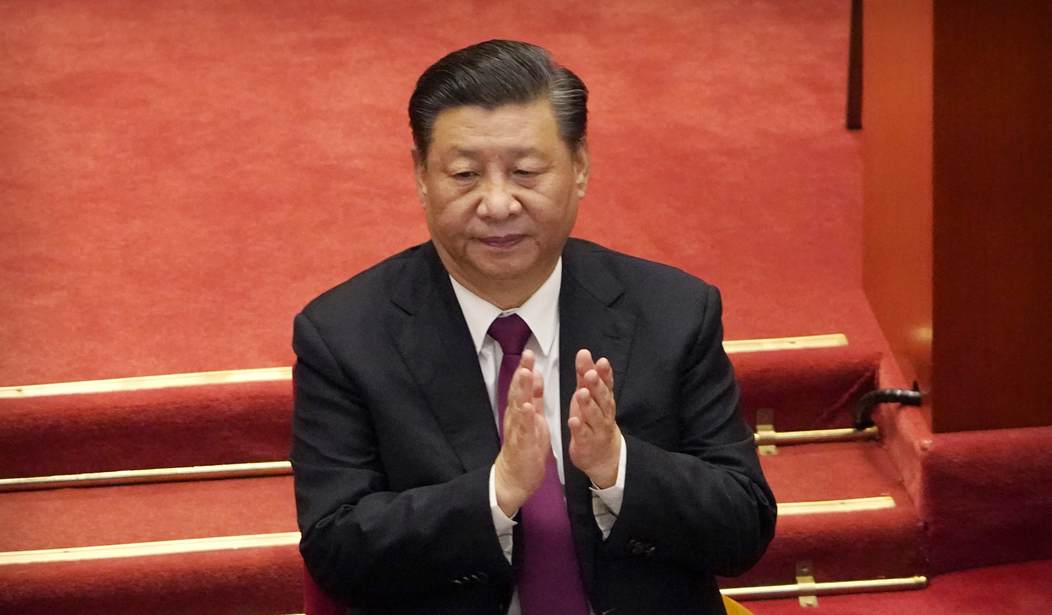China's massive reach into America is going beyond buying up U.S. farmland and infiltrating institutions of higher education, companies, and even the Federal Reserve. According to a new report, it's also looking to keep tabs on its citizens living abroad in a highly troubling way.
Human rights watchdog Safeguard Defenders put a spotlight on Beijing's controversial use of "overseas police service stations" to allegedly track "fraud" and "telecommunication fraud" by its citizens.
This campaign, which started on a humble scale in 2018, has developed alongside the establishment of overseas Chinese police “service stations”, sometimes called “110 Overseas” after the national police emergency phone number, now found in dozens of countries across five continents. (Safeguard Defenders)
According to the report, between April 2021 and July 2022, 230,000 nationals were "persuaded to return" to China to face legal consequences.
Part of China's persuasion tactics includes denying the educational rights of the suspects' children, along with other "guilt by association" campaigns.
“Persuasion to return” is a key method within China’s larger Involuntary Return operations (IR). Classified as primarily Type 1 (and occasionally Type 2) actions in Safeguard Defenders’ Involuntary Returns report on the subject, overseas targets and/or their families back in China are approached directly to “encourage” the return of the target to China to face justice, “or else”.
In many cases identified in the Involuntary Returns report, methods used under IR Type 1 and Type 2 actions include:
(1) The tracking down of the target’s family in China in order to pressure them through means of intimidation, harassment, detention or imprisonment into persuading their family members to return “voluntarily”;
(2) Direct approach of the target through online means or the deployment of – often undercover - agents and/or proxies abroad to threated and harass the target into returning “voluntarily”. (Safeguard Defenders)
The use of the police service stations "eschew official bilateral police and judicial cooperation and violate the international rule of law, and may violate the territorial integrity of third countries involved in setting up a parallel policing mechanism using illegal methods," the report states.
Recommended
The majority of "police service stations" are in Europe, but in the Americas, there is one in the U.S. (New York City), Argentina, and Chile; two in Brazil and Ecuador; and three in Canada.
"As these operations continue to develop, and new mechanisms are set up, it is evident that countries governed by the standards set by universal human rights and the rule of law urgently need to investigate these practices to identify the (local) actors at work, mitigate the risks and effectively protect the growing number of those targeted," the report states in conclusion.

























